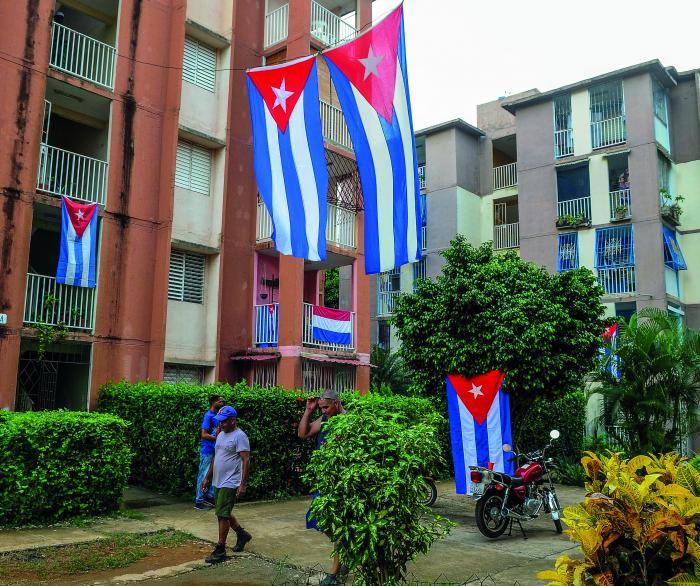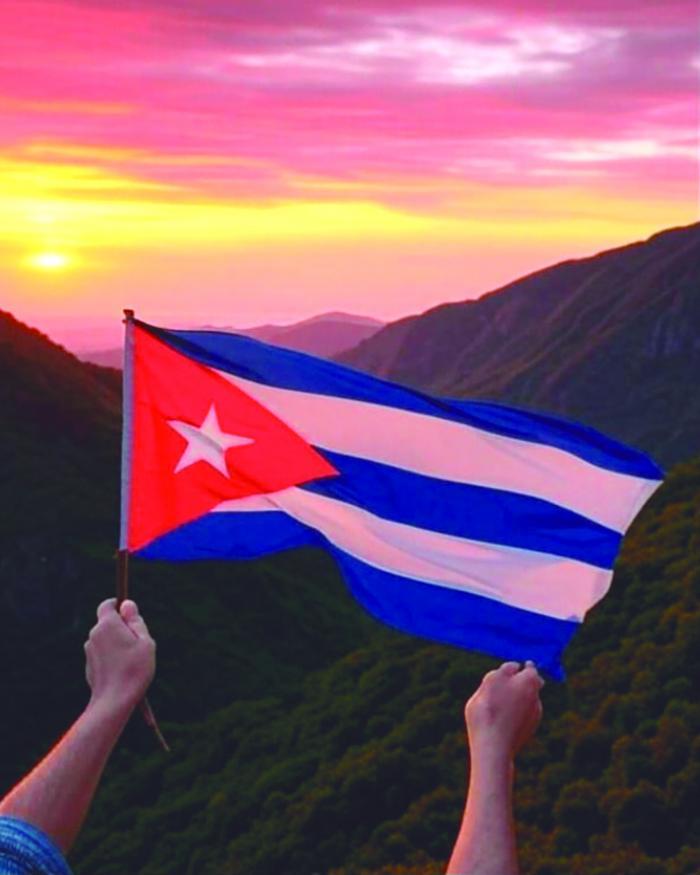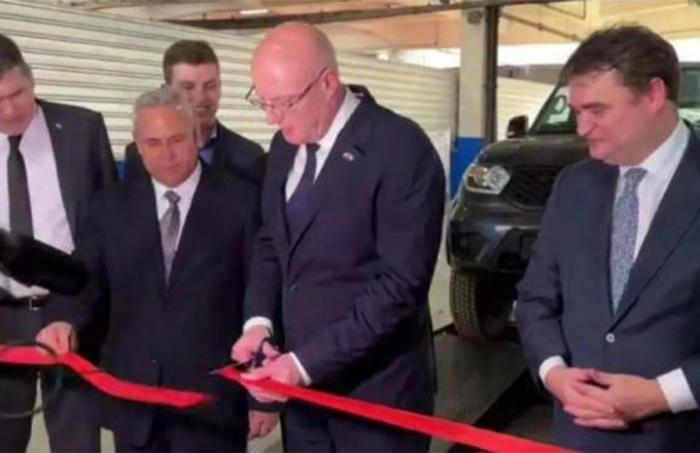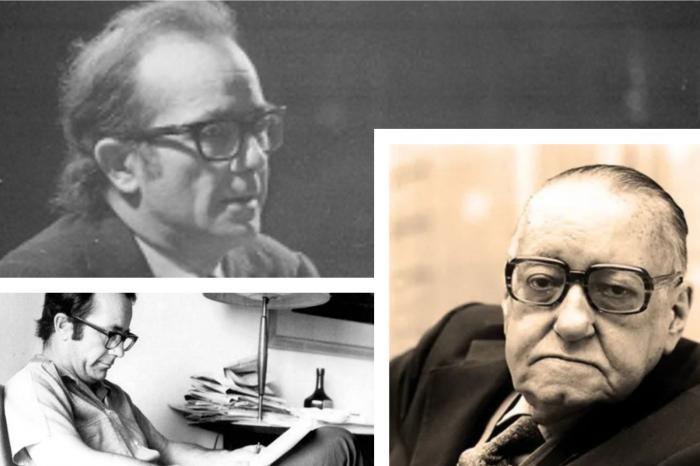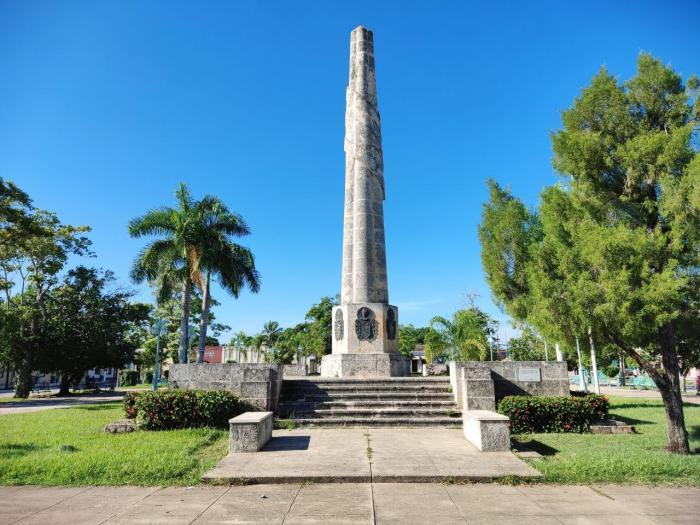


"Guáimaro was more beautiful than ever. The stately town was like a family in celebration. The East, the Center, and the Villas were coming to embrace the founders", this is how Martí described those days of encounter, for a free and independent Cuba.
It would be impossible if these were not men of the highest human dignity who, in the midst of a war, would pause for the organization of a country, to forge a new republic. That made them unique, that eagerness to legally order what was happening in the Cuban countryside.
The Assembly gave birth to a 29-article Constitution, inspired by Montesquieu's doctrine of the division of powers. Ignacio Agramonte and Antonio Zambrana had already been commissioned by the previous session to draft it, and Cubans had a law of laws since April 10.
Whether it was the right one or not, in the end history and experience proved it, but the most important thing was that, in Guáimaro, they fought for unity, that which later cost the war and so many years of struggle; that which must be defended, even in our days, without it being a servitude of opinion, as our National Hero taught us.
The desire and decision to be independent was so great that the first Magna Carta does not have a preamble or article that begins by declaring it: they already felt free! It was enough to put something they owed us and we owed them: The Republic of Cuba. How much dignity that name has enclosed since then!
The desire to protect rights and liberties, the fear of caudillismo, led them to assume a form of government that hindered the war. Instead of forging an army, they created organs that limited it. At the end of the war, when the forces were no longer the same and many of the initiators were no longer there, this cost a great deal.
On April 11, 1869, Céspedes was still clear that the most important thing was the unity around Cuba, that is why even his flag gave way. The one that had started the path on October 10 would be fixed in the session hall of the House of Representatives, as a treasure of the Republic. Never to be forgotten. That is why it still presides over the sessions of our National Assembly, because the path of the Revolution has been one since that October in La Demajagua.
"Cubans: I count on your heroism to achieve independence. I count on your virtue to consolidate the Republic. Those were the words of the Father of the Homeland when he assumed the presidency of that nascent Republic, words to which he was loyal until the last minute of his life.
In that session, the criterion of the Cuban woman could not be absent. A new republic could not drag the same colonial discriminations. That was the reason why Ignacio Agramonte, in the voice of Ignacio Agramonte, heard the message of those who until that moment were relegated to second positions. Ana Betancourt asked the legislative body that the new republic that was emerging should recognize the rights of Cuban women and also requested a place in the struggle for independence.
As Martí said, “On April 10, there was a meeting in Guáimaro to unite the two divisions of the Center and the East”. Uniting has always been the key to this unique process that is being built in Cuba. It is not by chance that they try to sow division, to create “plots of thought”, to bet on individualism over the collective interest. Our enemies, and those who pretend to be our friends in order to disunite us, know very well that the day they succeed, they will finish us off as a people.
Today, as then, it is necessary to maintain the unity that was consolidated in so many years of successes and setbacks, and to channel the efforts of our people towards that prosperous and sustainable socialism which, it has already been demonstrated, is the only way for independence to continue to be the law in Cuba.


